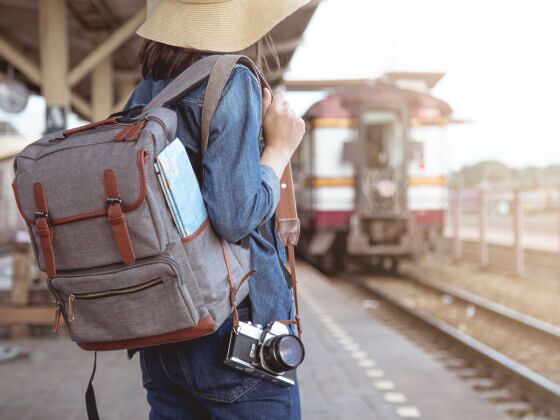#TravelLife. Even though laypeople and insta-celebrities alike both use this hashtag to document their travels, it won’t take you long to notice that many of these posts are impeccably choreographed–shots that seem too perfect, too clean, too serendipitous to actually resemble what #travellife is all about.
And while there’s no problem in trying to capture the perfect shot, there’s a danger in the fictional representation of real life, when hundreds of thousands of people take a photo on face value and feel subpar, envious, and disappointed for not “living the dream.” A few people, such as @youdidnotsleepthere and @Saramelotti_, have taken it upon themselves to expose some of the more fraudulent instagrammers who dupe the public with (in some cases fake) photos, as well as rake in thousands of dollars per post.
